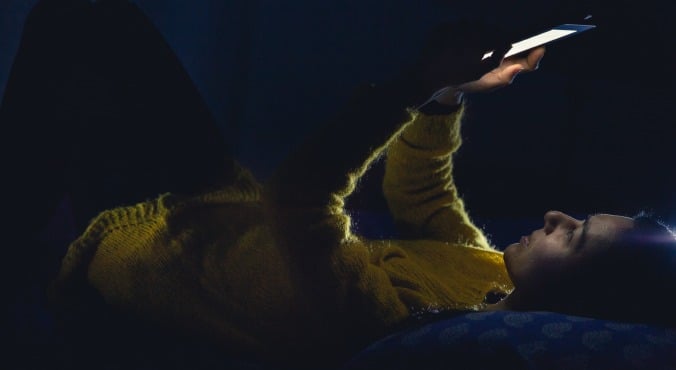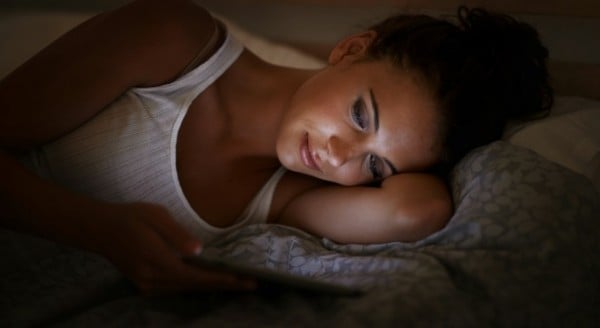
Image via iStock.
By: Gemma Paech, Washington State University
We all suffer from too little sleep from time to time, some more than others. There are many possible reasons, depending on our age, genes and sleep habits; but another possible culprit is using technology before going to sleep.
A 2011 survey found nine in ten people use some form of electronics in the hour before bed. This ranges from playing video games and watching television, to using light-emitting e-readers, tablets and smartphones.
RELATED:Could this be the cure to the sleep loss epidemic?
While many of these devices, especially light-emitting e-readers, seem harmless enough, the light they emit may affect our sleep patterns and leave us feeling tired the next day.
How does light affect sleep?
Light exposure can directly influence sleep and the timing of sleep by acting on our circadian timing system, also know as the body clock. Indeed, light is often used to overcome jet lag and can help shift workers adapt to their work schedule.
One way light exposure may impact sleep and our circadian timing system is by affecting the production of melatonin during the night. Melatonin is a “sleep” hormone produced by the pineal gland in the brain.































































































